
This logo isn't an ad or affiliate link. It's an organization that shares in our mission, and empowered the authors to share their insights in Byte form.
Rumie vets Bytes for compliance with our
Standards.
The organization is responsible for the completeness and reliability of the content.
Learn more
about how Rumie works with partners.
Have you ever dreamed of being on Master Chef?
Consider a degree in culinary arts!
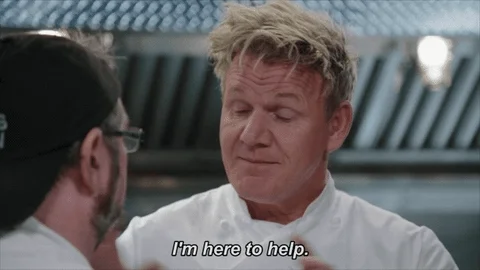
If you're unsure about what it takes to make it in the culinary world — a culinary arts degree will help you master cooking techniques, discover unique taste combinations, and receive real-world experience.
Why study culinary arts?
There are many reasons why studying culinary arts might interest you — maybe you want to make mouthwatering pastries or open up your own Michelin star restaurant — whatever your goals, one thing all culinary arts students share is having a passion for food.
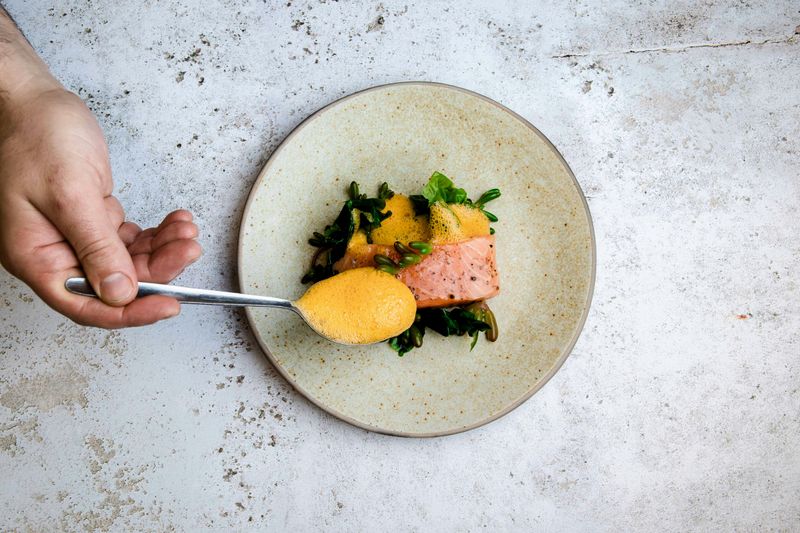 Photo by Edward Howell on Unsplash
Photo by Edward Howell on UnsplashAs long as you're passionate, culinary schools are great for teaching you all the basic cooking skills and terminology that a chef would be expected to know on the job.
What will you learn in culinary school?
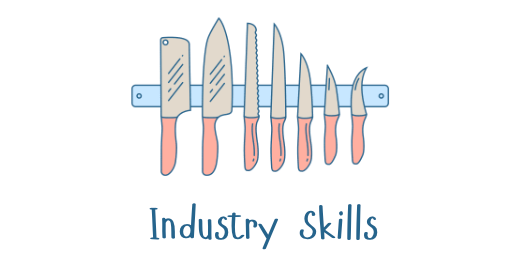
The function of different knives and how to consistently care for them.
Different roles in a kitchen: butchery, sauce making, pastry, cold foods, hot appetizers, fish, and meat.
The proper guidelines for food handling to prevent illness and an unsanitary environment.
How to make foods look desirable by plating meals properly.

The trends in the restaurant industry, best practices, and business-oriented skills. study and practice cuisines from all over the world.
Build relationships with successful chefs and instructors.
Internships or externships that offers experience in a restaurant or hotel setting.

How to balance working multiple projects at once, in a fast-paced environment.
Managerial skills and how to handle the business side of the culinary industry.
What career path can you follow?
Executive chef
Executive chefs lead and manage a kitchen team, create innovative menus, and ensure food quality.
Pastry chef
Pastry chefs specialize in baking and pastry arts. They create various baked goods.
Food critic
Food critics try new dishes and share their insights and food recommendations with the public.
Food stylist
Food stylists use their culinary knowledge to enhance the visual appeal of food for TV, magazines, and advertising material.
Quiz
Imagine you're attending culinary school, yet unsure about what career path is right for you. You find the most joy in creating visually stunning dishes. Which career path might align well with your passion?
Food stylists prepare and present food for various media. Culinary consultants help businesses with finances, staffing, and all other aspect of the business. Food critics go to various restaurants and businesses to critique their food. Restaurant managers ensure the kitchen is running smoothly.
How should you prepare for culinary school?
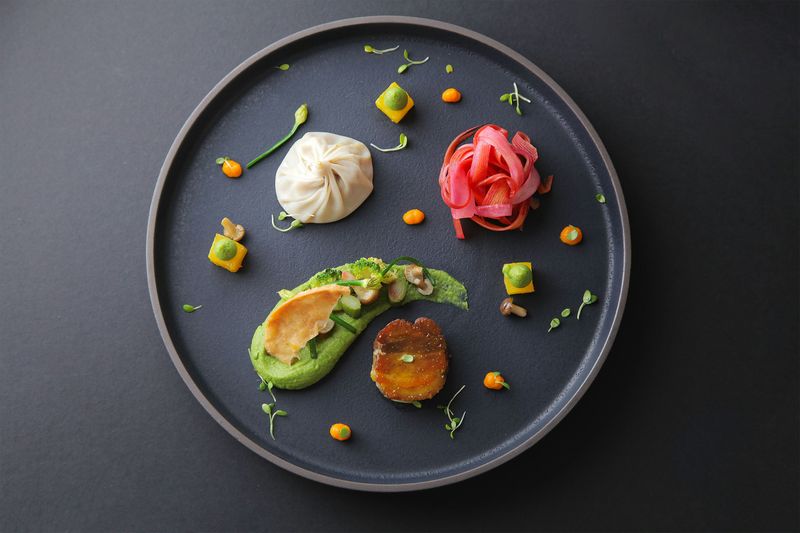 Photo by Romain Briaux on Unsplash
Photo by Romain Briaux on UnsplashOnce you have an idea of your goals, there are a few steps before applying to culinary school.
Do your research
Schools differ in cost and requirements. Research the entrance requirements and cost of attendance on the school’s website or call the admissions office.
Develop fundamental skills
Start practicing your cooking skills at home. Experiment with different techniques and recipes. This is your time to get creative!
Gain work experience
Finding part-time restaurant work or volunteering locally for a food-based organization will strengthen your application.
How can you succeed in a culinary arts program?
Culinary arts combine passion and dedication. Want to succeed in your culinary arts program? The following tips come in handy:
Embrace learning
Seek guidance from the instructor and ask for help.
Be open to feedback.
Communication is key
Effective and clear communication with your instructors and peers is important in order to run a kitchen smoothly.
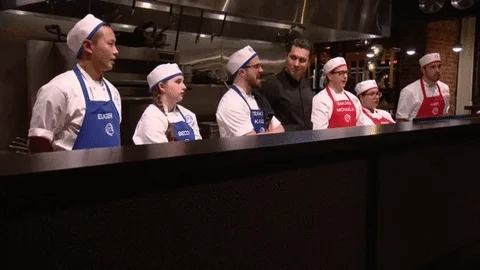
Pay attention to detail
The smallest details in cooking can make the greatest impact.
Be creative
Think outside the box and add your unique touch to recipes.
Quiz
Imagine you're in your first year of culinary school. Your instructor tells you your performance isn't where it needs to be. What can you do? Select all that apply:
It's important to stay open-minded when learning. Your instructors are there to help and assist you. Make sure you're using their help to grow in your field!
Take Action
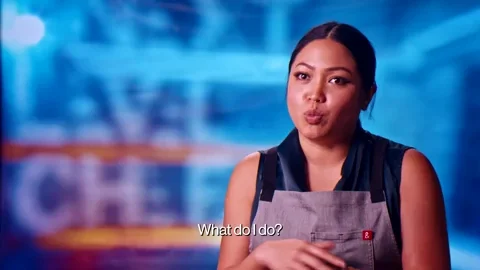
If you think a degree in culinary arts is the right fit for you:
This Byte has been authored by
Taylor McCarthy
Instructional Designer
MSEd
